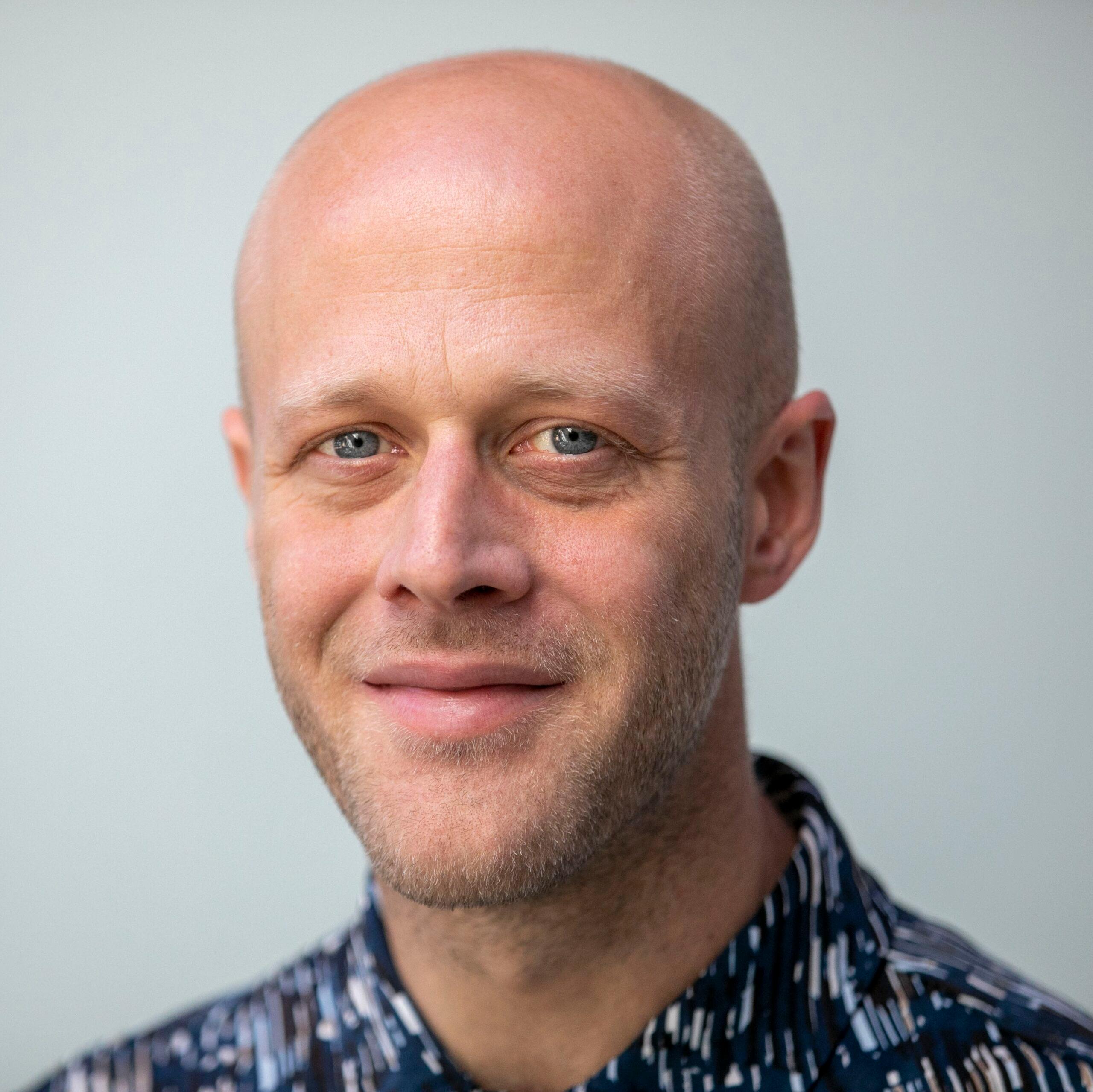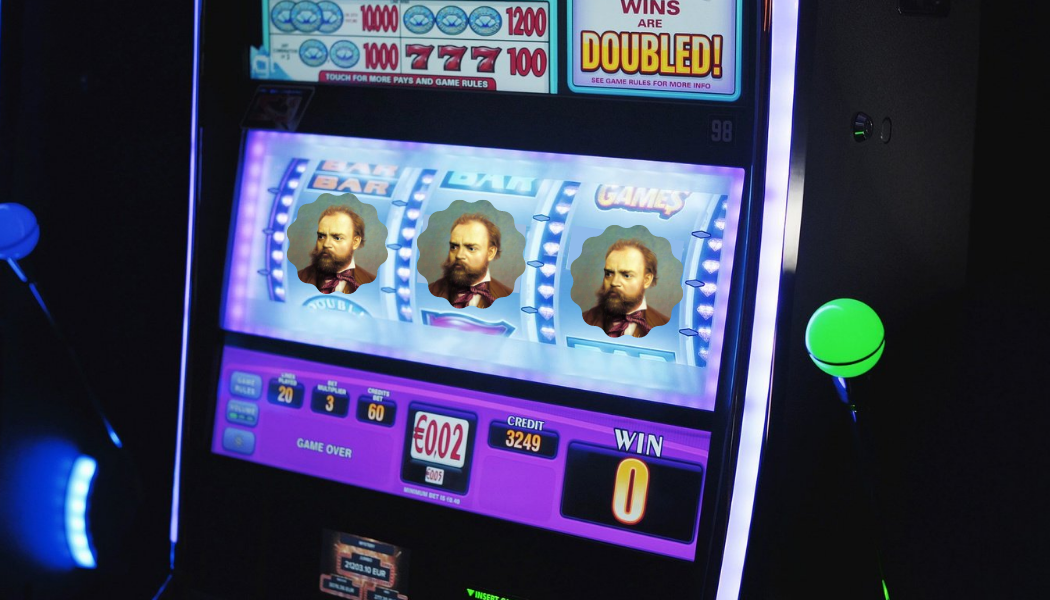
Czech composer Antonin Dvorak came to the US to be Director of the National Conservatory of Music in New York City for three years in the 1890s. During the summer of 1893 he chose to vacation in Spillville, Iowa where many Czech immigrants had come to live. It was there he finished his Ninth Symphony, otherwise known as “New World Symphony.”
At the time, most American composers were still writing in a style that channeled Brahms and Beethoven. Dvorak recognized a wealth of material that was inspired by Black spirituals. And he wanted to incorporate music from everywhere he traveled in the U.S., which included spirituals, music of indigenous people, and folk melodies. He was enamored by the expression of emotion and use of harmony, rhythm and melody.
Dvorak wrote, “The future of this country must be founded upon what are called Negro melodies. This is the real foundation of any serious and original school of composition to be developed in the United States.”
Dvorak embodied his own philosophy in his Symphony #9 "From the New World," which comes to Colorado audiences not once or twice, but three times over the coming weeks. And it’s just a coincidence! CPR Classical wanted to know… why now?
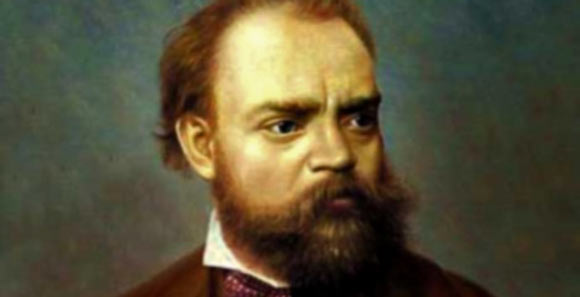
“We always like to go to it. Dvorak's Ninth is a great one to go back to more so than other staples in our repertoire,” Nicholas Tisherman, Colorado Symphony oboist, tells CPR Classical. “During times like these, we are just so glad to be playing on stage. I think it is the perfect choice and was a sure-fire bet when planning the season,” says Tisherman.

Tisherman will give the symphony’s “Prelude Talks” on the Ninth Symphony before this weekend’s performances. He wants listeners to know that the appeal of the New World Symphony rests in the use of theme and melodies across the orchestra. “There’s just something special. It was one of the first full symphonies I performed as a young musician at just age 12 or 13. There’s a rush to these brass harmonies that open the second movement, fly by again in the finale, and come back in the most extraordinary way,” he says.
The Jefferson Symphony Orchestra will also perform the New World Symphony on October 17 with conductor William Morse.
“There’s a uniqueness to Dvorak's use of melodies and for an audience it's very appealing,” says Morse. He singles out the second movement that contains the famous English horn solo and resonates throughout the symphony. “Dvorak originally had a faster tempo in mind and after hearing some conductors interpret the piece, he scaled the tempo back,” he explains.
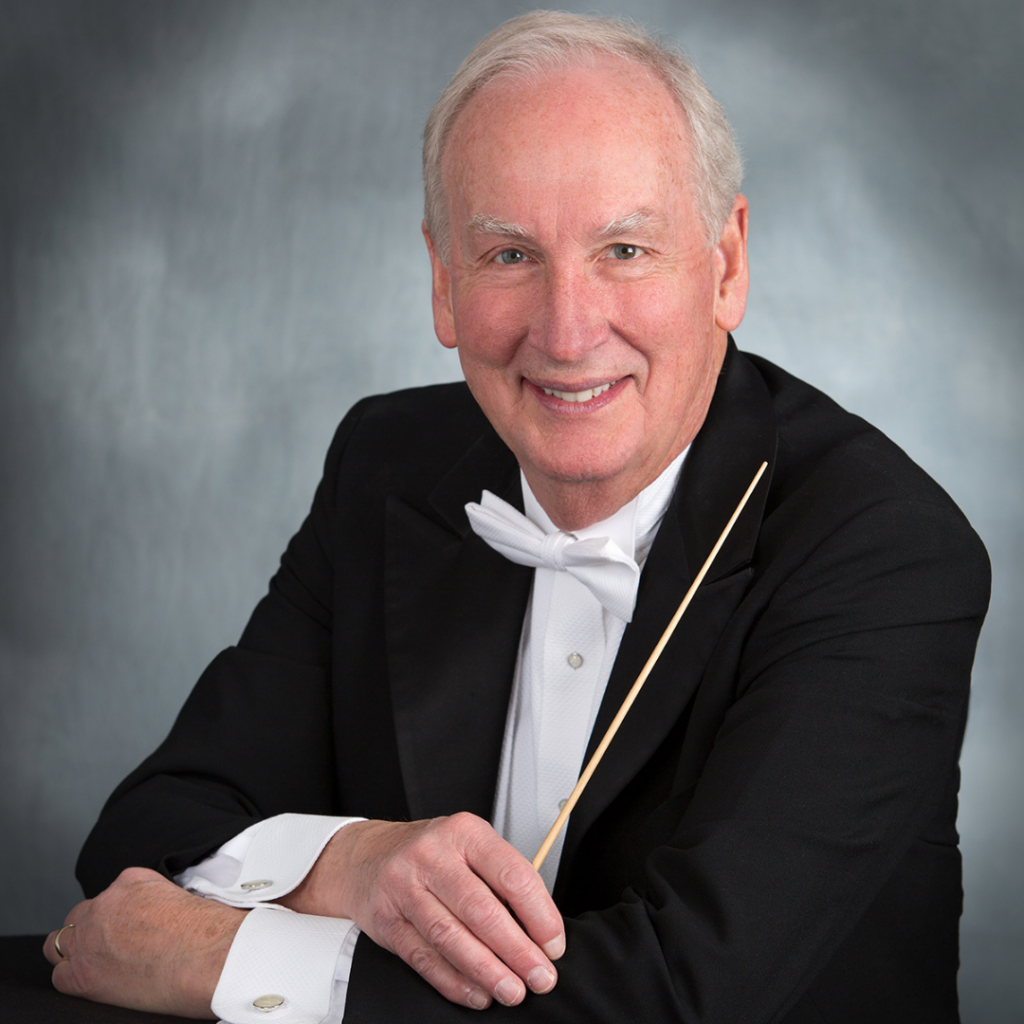
“Dvorak has a way of drawing you in and taking you on a musical journey. He’ll use more themes than most composers in a symphonic form,” Morse says. Morse explains why his orchestra chose the Ninth Symphony now. “The title ‘New World’ has the traditional connotation of the new country and now you think of ‘new’ and ‘world’ in a contemporary context, we hope we’re emerging from something...a new beginning so to speak.”
It was an easy choice for Jacinda Bouton to bring Dvorak’s Ninth to the music stands of her ensemble members and to the delight of concert attendees. “The power of music is extraordinary. It can help a group of patrons and musicians come together to get away from the day-to-day worries, suspending that stress and allowing them to go on a journey of beauty, joy, and hope for better things to come.”
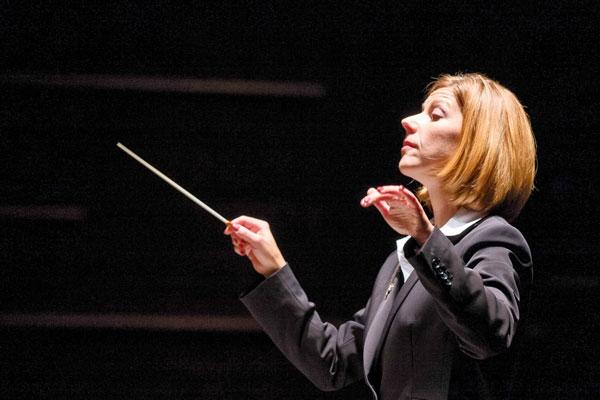
Bouton will lead the Lone Tree Symphony Orchestra in Dvorak's Ninth on Oct 1. “The New World Symphony represents the hope and resilience of the American people,” she says. “After eighteen months of no live performances, it’s time to celebrate the ability to come together to hear and perform live music. I can’t think of a better piece to express the joy of coming through such a difficult time together.”
Dvorak's Symphony No. 9, “From the New World” Comes to Colorado:
- October 1-3: Colorado Symphony with guest conductor Jaime Martin
- October 1: Lone Tree Symphony Orchestra with conductor Jacinda Bouton
- October 17: Jefferson Symphony Orchestra with conductor William Morse
Hear CPR Classical by clicking “Listen Live” at the top on this website. You can also hear CPR Classical at 88.1 FM in Denver, at radio signals around Colorado, or ask your smart speaker to “Play CPR Classical."
